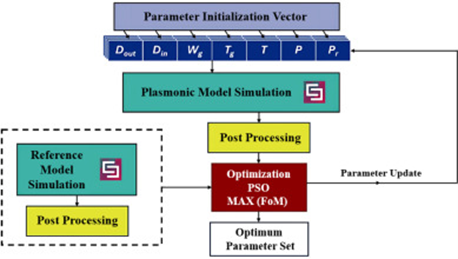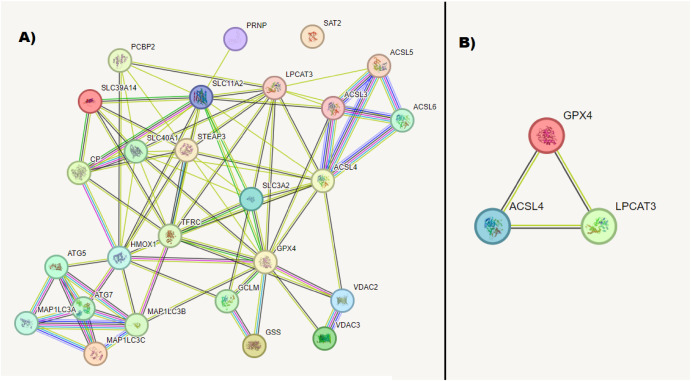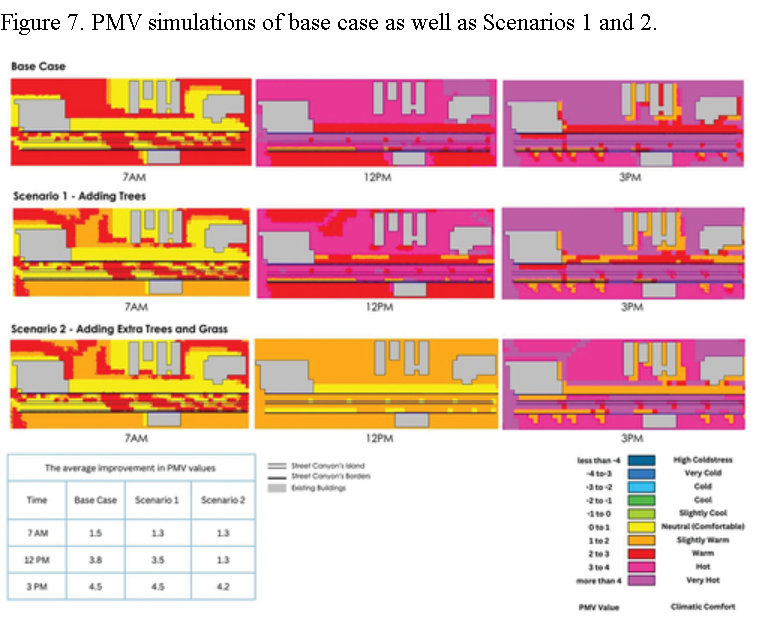
DiSGD: A distributed shared-nothing matrix factorization for large scale online recommender systems
With the web-scale data volumes and high velocity of generation rates, it has become crucial that the training process for recommender systems be a continuous process which is performed on live data, i.e., on data streams. In practice, such systems have to address three main requirements including the ability to adapt their trained model with each incoming data element, the ability to handle concept drifts and the ability to scale with the volume of the data. In principle, matrix factorization is one of the popular approaches to train a recommender model. Stochastic Gradient Descent (SGD) has been a successful optimization approach for matrix factorization. Several approaches have been proposed that handle the first and second requirements. For the third requirement, in the realm of data streams, distributed approaches depend on a shared memory architecture. This requires obtaining locks before performing updates. In general, the success of main-stream big data processing systems is supported by their shared-nothing architecture. In this paper, we propose DISGD, a distributed shared-nothing variant of an incremental SGD. The proposal is motivated by an observation that with large volumes of data, the overwrite of updates, lock-free updates, does not affect the result with sparse user-item matrices. Compared to the baseline incremental approach, our evaluation on several datasets shows not only improvement in processing time but also improved recall by 55%. © 2020 Copyright held by the owner/author(s). Published in Proceedings of the 23rd International Conference on Extending Database Technology (EDBT), March 30-April 2, 2020, ISBN 978-3-89318-083-7 on OpenProceedings.org. Distribution of this paper is permitted under the terms of the Creative Commons license CC-by-nc-nd 4.0.



